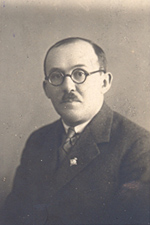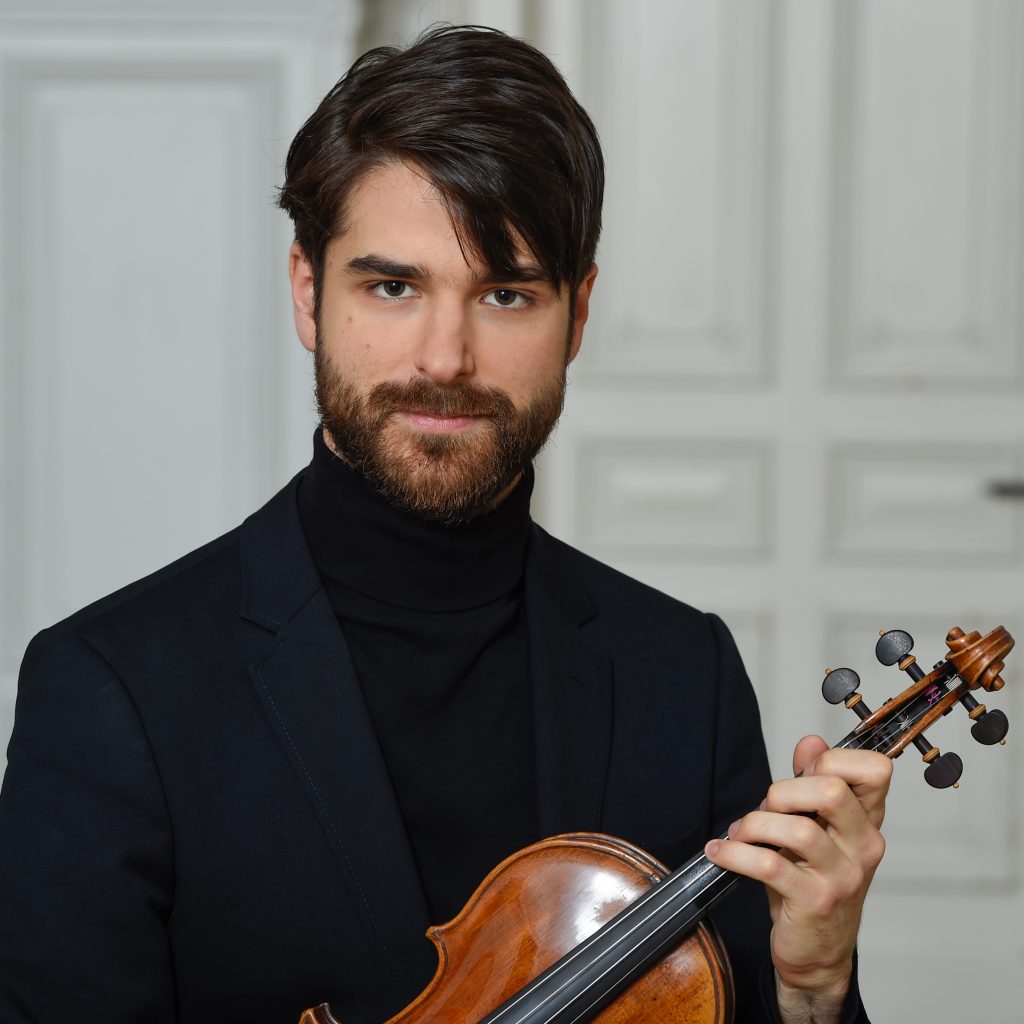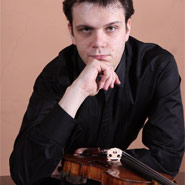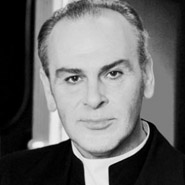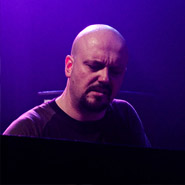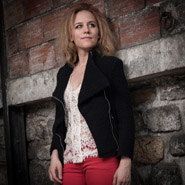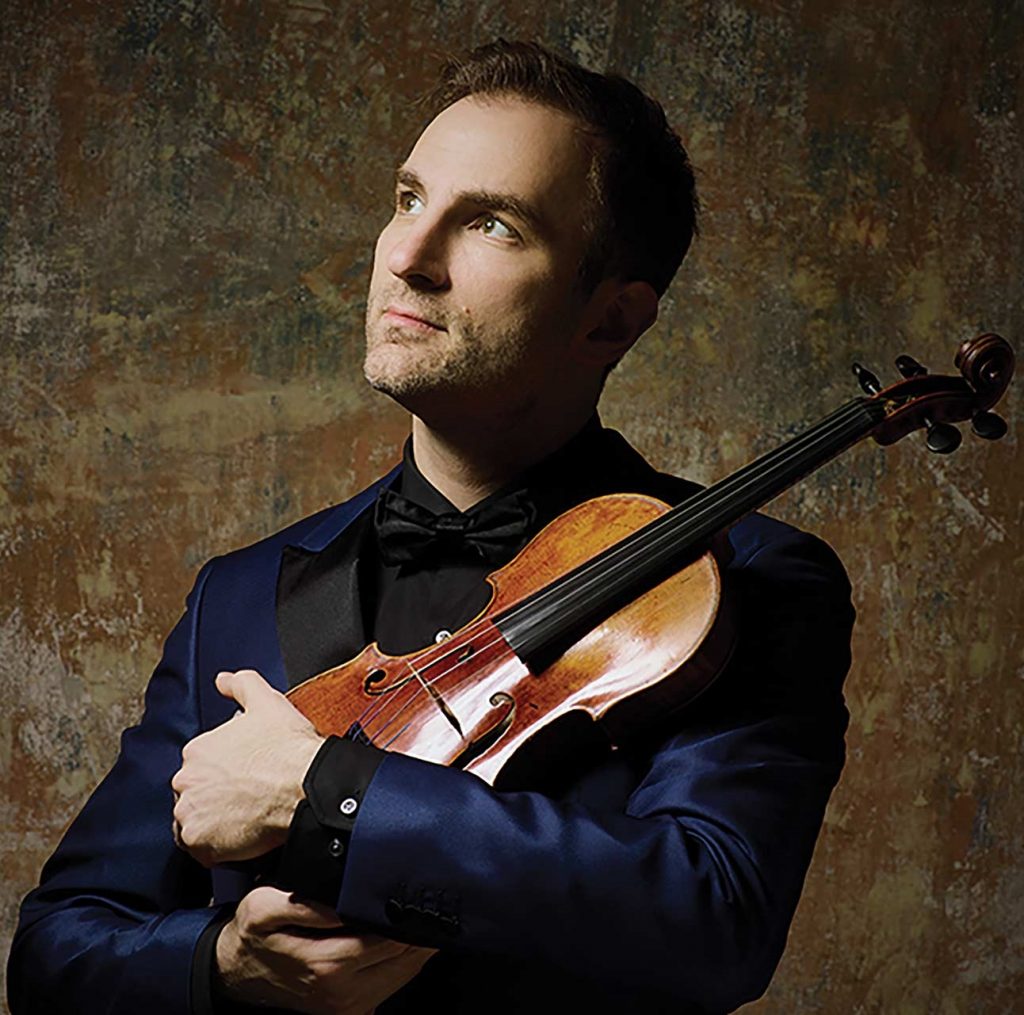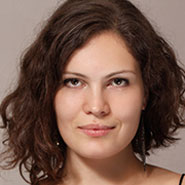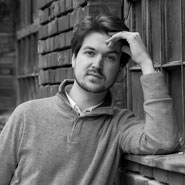Kosta Manojlović was born on 4 December in the village Krnjevo in Smederevo district. He grew up in his parents’ house with six other siblings. After finishing elementary school he continued his studies in the Theological School St. Sava in Belgrade (1901), where his teacher was Stevan St. Mokranjac. Learning and working with Mokranjac entirely focused his future professional work. With him he was taught how to interpret each new work, and how important it was to pay attention to the interpretation of the text and the correct pronunciation of each word when singing. Later Manojlović says: “This is the heritage that I received from him from the very beginning of my interest in music.” Manojlović gained significant experience of a conductor at the Theological School through singing in the choir and helping Mokranjac. In Belgrade, he went to the rehearsals of the First Belgrade Singing Society and in the Serbian Music School he attended classes of harmony science given by Stevan Mokranjac. Even at that time he was interested in the composing work – he wrote the first combination of songs and some songs from the Liturgy. In the Serbian Music School, Manojlović was a student taught by Miloje Milojević, Danica Krstić and young Stevan Hristić, who had just returned from his studies in Leipzig (1907-08). He was taught by Hristic even later, looking at him, as a member of the new generation of composers “who come to replace the older ones” and boldly encounter the “inexhaustible source of music.”
The Rector of the Belgrade Theology School Stevan Veselinović, a brother of Janko Veselinović the writer, had a lot of understanding for the music gift of Kosta Manojlović. Rector suggested to the Holy Synod of Bishops of Serbian Orthodox Church to approve Manojlović a scholarship to study music in Moscow. Thus Kosta Manojlović moved to Russia in March 1912. Since he was not immediately able to pass the entrance examination at the Conservatory in Moscow, he asked for an approval to continue the studies of music in Munich.
After only two months in Moscow he moved to Munich, where he had a tutor in harmony preparing him for the entrance exam at the Academy of Music. The exam was passed in autumn of 1912, and so he began his music studies in Munich. He made extremely rapid progress in choral singing, because he had gained significant experience in work with Mokranjac. Declaration of the first Balkan War meant, however, the return of all scholars to the country. Manojlović went back to Munich in the beginning of 1913, spent a summer vacation in Serbia due to Bulgaria’s declaration of war on Serbia, and in the autumn he went back to Munich. His compositions for male choir from that time (“Lethal cry” and “Old Prizren”) picture the emotional response of a young man to the dramatic events in the life of their people. Later, these choirs with two compositions would make the cycle From the Mountains of Šumadija.
At the Music Academy in Munich, Manojlović attended classes of harmony and counterpoint, and listened to lectures in musicology at the Faculty of Philosophy. At that time he composed songs for voice and piano, as well as secular and spiritual compositions for male, female and mixed choir.
News of the assassination in Sarajevo was a sign of his quick return to Serbia. Military schedule took Manojlović to Kragujevac where, as a war paramedic, he immediately founded the choir. He composed constantly, both while he was working as a paramedic and suffering from typhus. Then there was a withdrawal via Prizren, Struga, Elbasan and Vlora, and work in the hospital, and the disease, typhoid fever. He came to Corfu with the army. Upon his arrival at Corfu he immediately founded the Serbian Army Choir, but in the absence of musical scores he reconstructed many of them from the memory.
In the spring of 1917, Manojlović was relieved of military duties and sent to finishing his studies in Oxford. There he took a lasting interest in the history of music and the study of Serbian music history. During his studies in England, Manojlović composed extensively, and his compositions were printed in Paris, London and at Slavic Edition in Vienna. He graduated in 1919 with a cantata on the text of Psalm 136 – “On the rivers of Babylon.”
This educated musician was waited for with impatience in Belgrade. Immediately upon his return (1919), he was appointed conductor of the First Belgrade Singing Society, where he lectured at the School of Music and at the Faculty of Theology. He was also the long-year secretary of the newly formed Belgrade Philharmonic Orchestra (1923). Certainly one of the most important undertakings of Manojlović was the establishment of the Academy of Music (1937), organized in cooperation with Stevan Hristic and Petar Stojanović. He was the first Rector (1937-39) and professor of that high school until 1946, when, although only at the age of 56, at the will, namely the moroseness of the new government, he was retired by decree. In the newly established Institute of Musicology of the Serbian Academy of Sciences and Arts, Academician Petar Konjović set him for an external associate (1949), but unfortunately he was not lucky to stay longer in that position because he died already in November of the same year.
Kosta Manojlović repaid to his teachers and predecessors by collecting and publishing their works. He opened new horizons for future generations, primarily music historians, musicologists and ethnomusicologists, and directed them to the necessary researches of Serbian music history and musical treasures of the entire Balkans. He did not manage to publish his compositions, lyrics and many valuable records of folk songs (about 2000), but left them to the care and conscience of younger colleagues and descendants.
Danica Petrović, PhD, musicologist,
Musicology Institute Serbian Academy of Science and Arts
Professor at the Academy of Arts in Novi Sad
